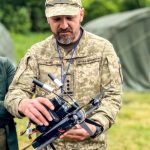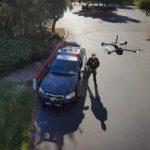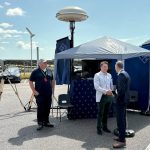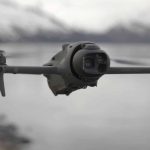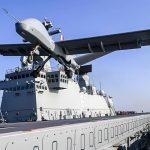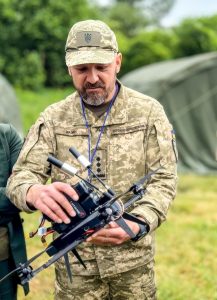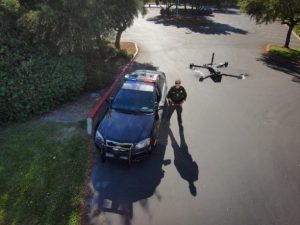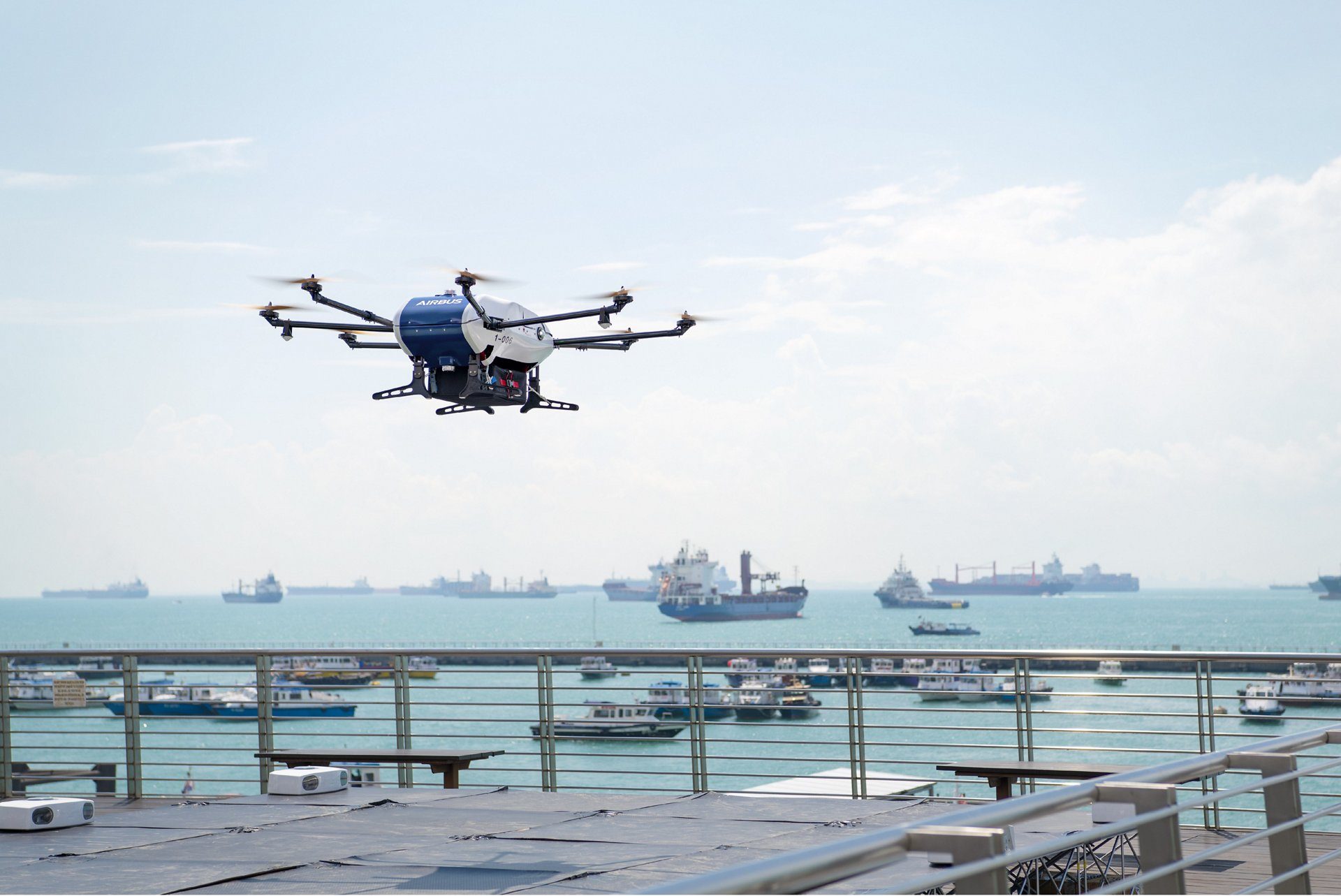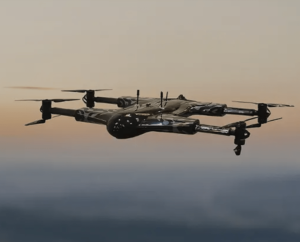Skyways Achieves Milestone in Unmanned Cargo Flights for U.S. Military
Skyways has marked a significant milestone in the unmanned aerial logistics sector by completing historic cargo drone flights for the U.S. military. These revolutionary flights, carried out under Project ULTRA, demonstrated the practicality and safety of large unmanned cargo aircraft operating beyond visual line of sight (BVLOS) in regulated national airspace. This achievement strengthens Skyways’ status as a leader in autonomous logistics at scale.
Why This News is Crucial
Transporting essential supplies in hostile or remote areas has long posed challenges in terms of cost, complexity, and risk. Skyways’ demonstration with the U.S. Air Force and Department of Defense signals a shift to drones, potentially enhancing speed, cost-efficiency, and safety in logistics operations.
Skyways’ Historic Flights Breakdown
- First-of-its-kind operation: Skyways conducted BVLOS cargo drone flights between airports, an unprecedented scale for U.S. military operations.
- Project ULTRA partnership: The initiative focused on medium-range BVLOS UAS flights connecting Grand Forks Air Force Base and Cavalier Space Force Station, making a case for drones in linking key military assets over distances usually reserved for manned aircraft.
- Regulatory advancement: Each flight was coordinated with the Federal Aviation Administration, paving the way for future integration of large unmanned cargo systems into regulated airspace.
About the Skyways V3 Autonomous Cargo Drone
The centerpiece of this demonstration was the Skyways V3, specifically designed for long-range, automated logistics:
- Payload: Capable of handling up to 100 lbs of cargo.
- Range: Over 1,000 miles per flight.
- Flight time: Exceeds 20 continuous hours.
- Double-hybrid propulsion: Combines vertical lift and fixed-wing cruise capabilities powered by electric and fuel systems for optimal efficiency and range.
- Autonomy: Employs a proven autonomy stack, field-tested in the V2 model used commercially and in defense.
- Durability: Built for challenging environments where traditional transport might fail.
Skyways’ Innovative Trajectory
Skyways distinguishes itself through its unique research, development, and deployment strategies:
- Self-funded development of full-scale prototypes enabled potential clients, including the Department of Defense, to experience tangible products rather than concepts.
- This proactive approach led to securing a $37 million USAF AFWERX contract to transition the V3 from prototype to mass production in June 2025.
Skyways’ CEO, Charles Acknin, emphasizes their bold, early prototyping approach, which supports rapid advancement from prototype to a significant fleet of autonomous logistics drones.
Real-World Military Benefits
Speed and Flexibility
Unlike traditional flights requiring crews, Skyways’ drones can quickly deliver critical supplies without endangering personnel.
Cost-Effectiveness
By autonomously adjusting routes and being operable remotely, the military can reduce losses and ensure more reliable supply lines.
Scalability
Skyways aims to mass-produce its drones, supporting military and civilian logistics missions with minimal human intervention.
Implications for the Drone Industry
Skyways’ success heralds the maturity of large-scale autonomous cargo drones. Key trends include:
- BVLOS Operations: Military success can quicken regulatory acceptance for commercial drones.
- Emerging Markets: Beyond military applications, there’s potential in medical supplies, disaster relief, and e-commerce.
- Setting New Standards: Skyways’ technology and regulatory achievements push the entire industry forward.
Commercial Applications and Success Stories
Skyways has a legacy of meeting the logistics needs of the oil & gas sectors, with its drones already serving critical missions. The expanded capabilities of the V3 suggest broader usages such as:
- Emergency management: Delivering relief to areas isolated by disasters.
- Global logistics: Autonomously supplying medical necessities to remote clinics.
- Infrastructure support: Assisting energy customers with operational continuity across distant sites.
The Team Behind Skyways
The company’s culture emphasizes:
- Collaboration: Working directly with partners to evolve products based on field feedback.
- Transparency: Allowing customers to interact closely with the product development process.
- Continuous learning: Adapting and improving through each mission to meet varied operational needs.
Expert Tips on Autonomous Cargo Drones
Focus on essential features when evaluating drones for logistics:
- BVLOS approval: Look at companies with established regulatory partnerships.
- Payload vs. Range: Ensure a balance between carrying capacity and flight range.
- Hybrid Propulsion: Skyways’ design maximizes efficiency and minimizes downtime.
- Enterprise Integration: Autonomy involves comprehensive operations, not just flying capabilities.
Pop Culture Reference
Though reminiscent of sci-fi movies, Skyways’ real-world drones are regulated and focused on pragmatic heroics rather than cinematic thrills.
The Future for Skyways and the Industry
With plans to establish the largest autonomous logistics fleet, Skyways may soon feature thousands of operational V3 drones in military and commercial settings, leading to:
- Regular cross-country drone flights.
- Expansion of defense logistics capabilities.
- Commercial heavy-duty drone delivery routes.
This achievement is a triumph not only for Skyways but for the advancement of safe, scalable autonomous cargo aviation.
Concluding Thoughts
For those in defense planning, emergency response, or industrial operations, Skyways’ progress represents the cutting edge of logistics innovation. The importance of choosing drones with a track record of reliability, safety, and progress is pivotal as the aerial future unfolds.
Consider Skyways’ team-focused, result-oriented approach as a guiding principle in assessing future drone partnerships.
